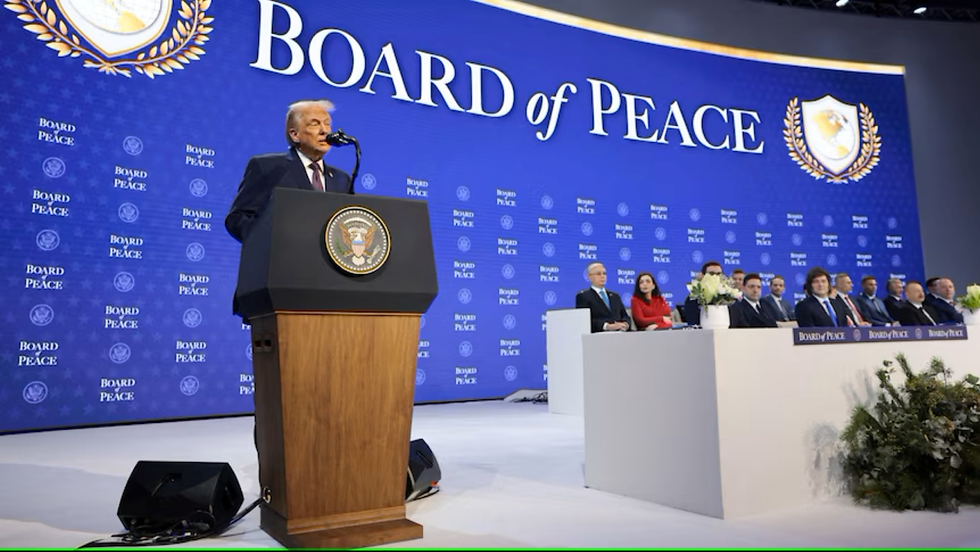The Heartbreaking Legacy of South Korea's Overseas Adoption Program: A Mother's Fight for Justice
- Rahaman Hadisur

- May 25, 2025
- 2 min read
Hadisur Rahman, JadeTimes Staff
H. Rahman is a Jadetimes news reporter covering Asia

In May 1975, Han Tae-soon’s life changed forever when her six-year-old daughter, Kyung-ha, vanished from their home in Seoul. As Ms. Han recalls, “I was going to the market and asked Kyung-ha, 'Aren't you coming?' But she told me, 'No, I'm going to play with my friends.' When I came back, she was gone.” For over four decades, Ms. Han searched tirelessly for her daughter, only to reunite with her in 2019, now known as Laurie Bender, a middle-aged woman living in California.
Kyung-ha’s story is not unique; it is emblematic of the dark history surrounding South Korea's overseas adoption program, which has seen approximately 170,000 to 200,000 children sent abroad since its inception in the 1950s. Allegations of fraud, illegal adoptions, kidnapping, and human trafficking have emerged, prompting Ms. Han to sue the South Korean government for its role in her daughter’s adoption.
A recent inquiry revealed that successive South Korean governments had committed human rights violations by allowing private agencies to operate with minimal oversight, leading to the "mass export" of children for profit. Experts believe these findings could pave the way for more lawsuits against the government, with Ms. Han's case set to go to court next month.
The overseas adoption program began in the aftermath of the Korean War, when the country was impoverished and faced a significant number of orphaned children. Initially framed as a humanitarian effort, the program was largely managed by private adoption agencies that gained autonomy over time, leading to a surge in adoptions during the 1970s and 1980s. In 1985 alone, over 8,800 children were sent abroad.
Critics have long questioned the necessity of such adoptions, especially as South Korea's economy began to grow. The truth and reconciliation commission's report highlighted that many children were taken under dubious circumstances, with some being kidnapped or falsely labeled as orphans. The report also noted that adoption agencies often falsified records to expedite the process and maximize profits.
As Ms. Han continues her fight for justice, she reflects on the emotional toll of her search. “I spent 44 years ruining my body and mind searching for [my daughter]. But in all that time, has anyone ever apologized to me? No one. Not once.” Despite their reunion, the language barrier complicates their relationship, with Ms. Han dedicating hours each day to learning English in hopes of bridging the gap.
The South Korean government has begun to address the issues within the adoption system, enacting reforms aimed at minimizing overseas adoptions and increasing state oversight. However, for many adoptees and birth parents like Ms. Han, the scars of the past remain, and the quest for reconciliation continues. As Ms. Han poignantly states, “Even though I have found my daughter, it doesn't feel like I've truly found her. My entire life has been ruined… no amount of money will ever make up for what I've lost.”









































Comments